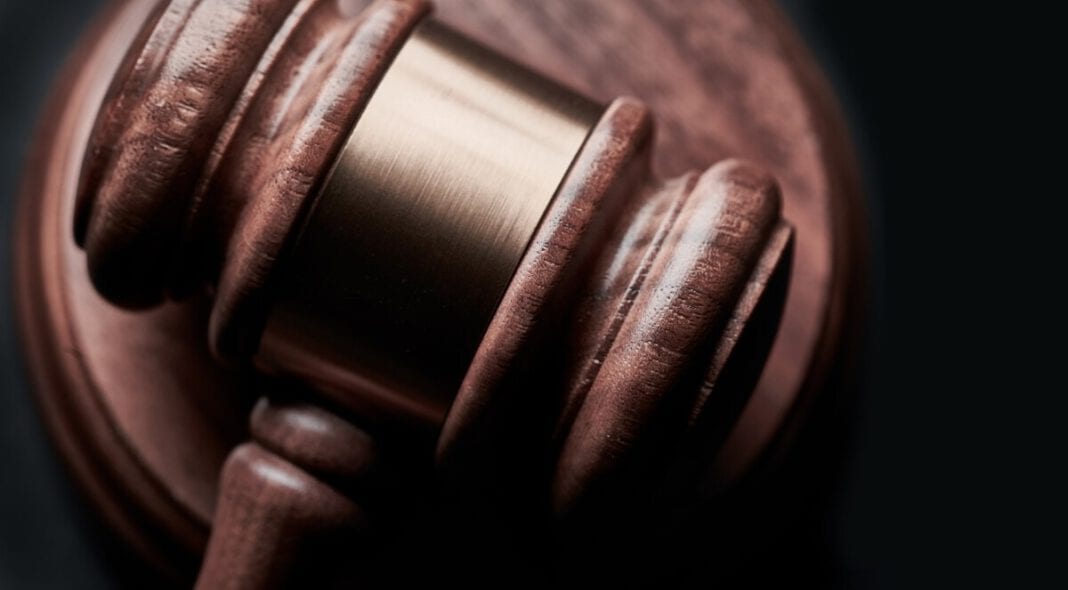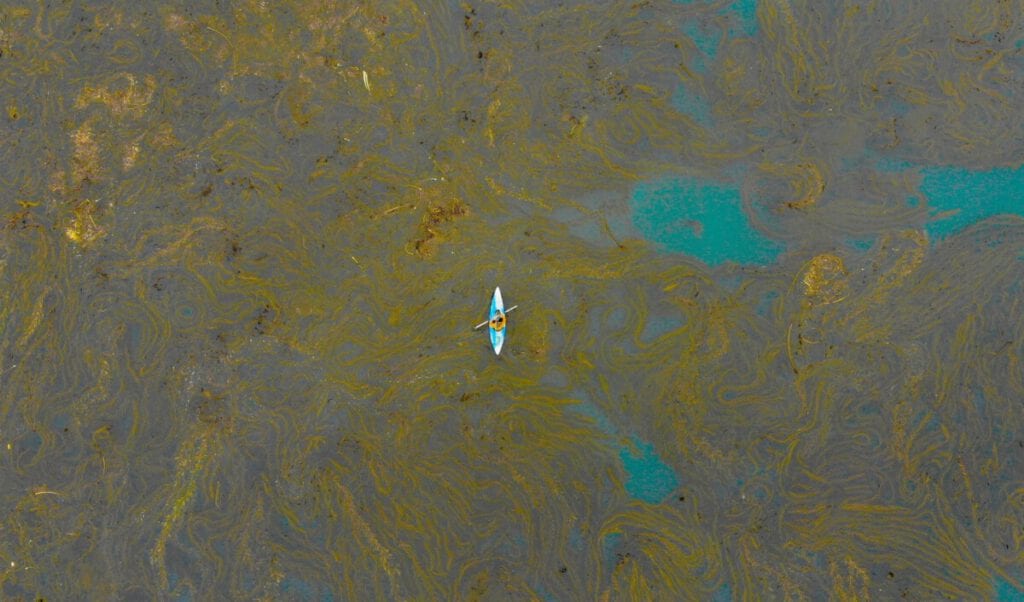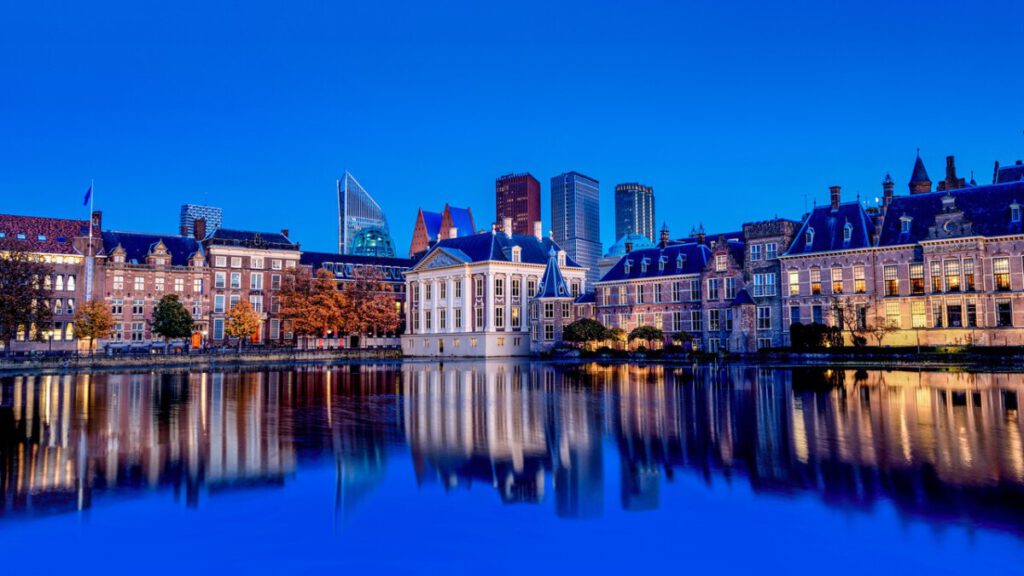Royal Dutch Shell has finally been held accountable for the damage the oil company has caused to multiple Nigerian villages over the past years. The Dutch higher court ruled in favour of the Nigerian plaintiffs, ruling that the Dutch company had breached its duty of care. Chuka walks us through why this is so much more than a win in the court.
In the few years I spent as a child in Nigeria’s Delta state, one thing that was often talked about by elders was the fact that the region was rich in oil. The collection of riverine states in the South-South and Niger Delta region had for centuries been popular for their fishing, farming, irrigation methods, authentic and tasty fish delicacies, and their colorful water carnivals. Water was their kin, their goddesses were usually water spirits, and fishing and farming were how they put food on their table.
Most of this changed when oil was discovered and the Dutch multinational, Shell, permanently moved in. It was a case of a rich and well-connected bully moving into their victim’s home and constantly making life unbearable for them.
Oil spills ruin livelihoods
Almost 20 years ago, four farmers from the Niger Delta lost everything due to the oil pollution from Shell. Their agricultural land became unusable, their drinking water was often filled with crude oil, fish disappeared from the rivers, and as a result, they could no longer put food on the table for their families.
They also had no more income to send their children to school. They became desperate because they had no money to buy bottled drinking water. And even more desperate, when it turned out that the oil spill was making them sick and there was no money to go to the hospital.
The destruction caused by this Dutch company didn’t end there. In 2005 a leak occurred in an underground pipeline in the community of Oruma. It took eleven days for the hole in the pipe to be closed. An area the size of ten football fields had been destroyed.
In another region, Goi, 24,000 liters of crude oil had just leaked the year before. Shell remediated the areas, but the farmers received no compensation.
For decades, millions of inhabitants of the Niger Delta have been living with the consequences of large-scale oil pollution. Every year 16,000 babies die as a result of pollution, and life expectancy in the region is 10 years lower than in the rest of Nigeria.
Not just a court ruling — also a warning
Niger Deltans are still currently celebrating the court win. To win against Shell — one of the most powerful and richest companies in the world — is no small feat.
Eric Dooh from Goi, one of the four Nigerian plaintiffs said: “Finally there is some justice for the Nigerian people suffering the consequences of Shell’s oil spillages. It is a bittersweet victory, since two of the plaintiffs, including my father, did not live to see the end of this trial. But this verdict brings hope for the future of the people in the Niger delta.”
“After years of litigation there is finally justice for many of my clients, only the case in Ikot Ada Udo is still ongoing. Not only is Shell liable for the oil spill and my clients will get what they are entitled to, but this case also shows that European companies must be made to behave responsibly abroad,” Channa Samkalden, the lawyer representing the Nigerian farmers and Milieudefensie says.
“This is fantastic news for the affected farmers. It is enormous that Shell has to compensate for the damage. This is also a warning for all Dutch transnational corporations involved in injustice and human rights violations worldwide. Victims of environmental pollution, land grabbing, or exploitation now have a better chance to win a legal battle against the companies involved. People in developing countries are no longer without rights in the face of transnational corporations,” said Donald Pols, director of Milieudefensie/Friends of the Earth Netherlands.
Shell was well aware of the risks but did not care
The verdict, in this case, is very important because, for the first time in history, a Dutch multinational is held responsible for the damages it wreaked on people abroad. History can bear testament to how much the Dutch government and the multinationals they have aided — profited from — love to run away from taking responsibility for their atrocities.
A case in point being the Dutch East India Company (VOC). Presently, the court has ruled that Shell knew their pipelines were badly maintained and that oil theft was common in the region. They also knew that some areas were difficult to reach. Still, Shell did nothing to limit those risks. And when oil spillage occurred, cleanup was never done immediately, and in most cases not done at all. Sometimes, it took days, weeks, and even months before any kind of cleanup was done.
Why did it take 13 years?
The court case took 13 years because attorneys had to spend most of the time discussing proceedings in court, and having to scale hurdles thrown at them by Shell. It also took years for Milieudefensie to gain access to some of Shell’s important documents. These were necessary to prove that Shell’s head office was responsible for its subsidiary. And most importantly, they opened the floor for the case to be heard in a Dutch court.
Another factor in the length of the case was that the Nigerian plaintiffs had no money to support their families, let alone focus on the case. One must have food to eat before they can fight for justice.
The Netherlands needs to do more
As someone of Nigerian descent, with family in Nigeria, especially in the Niger Delta region, I celebrated this win against Shell as if I had won the lottery. For some, however, victory came too late. Two of the plaintiffs died a few years ago. 13 years is a long time, especially in the Niger Delta, where people have a short life due to the effects of oil pollution.
While this is certainly a victory, no victim should have to wait such a long time for justice. It is high time that the Dutch government and the European Union came up with better laws. Laws that force companies to behave (sustainably and respectfully) beyond national borders.
No action by Shell yet
When oil was discovered in the Niger Delta, there were lots of mixed feelings. Some called it a “blessing” and said it would bring wealth, growth, and development to the region. Others argued that it would open the doors for greedy and powerful multinationals to come into the region and destroy it.
The pessimists probably never foresaw a scenario where their own (corrupt) government would help these multinationals in destroying the region’s wildlife, nature, and people. Despite decades of promises, projects, reports, and other lawsuits, the Niger Delta remains heavily polluted. Oil leaks are the order of the day. The cleaning operations that the Nigerian government, Shell, and others have spoken of have still not started after more than 10 years of so-called preparations.
Oil pipeline sabotages sometimes appear to have been caused by Shell employees, according to a report by Milieudefensie/Friends of the Earth Nigeria. The corrupt nature of Nigerian politicians who are often bribed by Shell has also not helped in any way.
Tight (er) rules for (European) companies
It shouldn’t cost a marathon effort and 1.5 million euros to get compensation from Shell for 4 farmers from Nigeria. That’s just unacceptable and it’s why we need better laws so that European companies such as Shell can be held responsible for what they do abroad.
There must be a duty of care so that companies actively prevent damage throughout the (production) chain. There needs to be transparency so that everyone can see exactly what is happening outside of our borders. People who are victims of European companies must have access to justice in Europe. This should be a given, considering how the Netherlands and European Union like to pride themselves as a beacon of liberty, freedom, and justice.
Organizations like Milieudefensie should be supported and encouraged in their work and fight for these victims of injustice. They are currently also conducting a climate lawsuit against Shell.
Much more damage
In addition, Amnesty International and some widows of nine murdered Nigerian men have taken Shell to court. In 1995, nine men (The Ogoni Nine — Ken Saro-Wiwa, Saturday Dobee, Nordu Eawo, Daniel Gbooko, Paul Levera, Felix Nuate, Baribor Bera, Barinem Kiobel, and John Kpuine) of the Ogoni tribe were murdered by the Nigerian military dictatorship for demonstrating against Shell’s oil pollution on their lands.
Their court case at the time, which was a sham, featured witnesses bribed by Shell to testify against Ken Saro-Wiwa and others — a charge that Shell has always denied. In the twenty-five years that have followed, there have been unrelenting campaigns to hold Shell accountable for its crimes.
Not one Shell executive has grown a conscience or become repentant enough to recognize that it’s never too late to try and heal the wounds, and have the corporate courage to apologize and compensate the countless people that their lives have been destroyed. Instead, Shell executives sit every day in their blood-soaked boardrooms and spend millions hiring fancy public relations experts to try and rebrand their image. Reminds you a little bit of the Dutch government and its attitude to its colonial and slavery past, doesn’t it?
More than just a court case win
While compensation from Shell will never bring back those that have died, the verdict from the Dutch appeals court is hopeful, because it means that Dutch (and European) companies that ignore human rights and environmental regulations abroad can no longer do so with impunity.
They now run the risk of not only being brought to justice but also being convicted. This is mainly due to the unrelenting efforts of the brave Niger Deltans, brilliant lawyers in Nigeria, and the good folks at Milieudefensie who worked tirelessly in often difficult circumstances to get justice for those victims who couldn’t stand up to a Dutch bully on their own. This gives hope for the entire region and far beyond.
The verdict was more than just a win in a court for a bunch of farmers, it was also a win for the Ogoni nine, for the Niger Delta, and all other victims of injustice at the hands of powerful multinationals whose cut-throat methods of chasing profit, and unfettered capitalism leaves nothing but death and destruction in its wake.
I hope this is not the end. I hope Shell continues to be held responsible and made to pay for all of its atrocities in Nigeria, and other parts of the world. I hope this is the beginning of the end for unfettered and unsustainable capitalism, not just in Africa, but all over the world. I hope.
What are your thoughts on the Shell verdict? Tell us your thoughts in the comments below.
Feature Image: Bill Oxford/Unsplash.






Very interesting and I’m surprised how little coverage this has in the media. When I arrived in The Netherlands I had a much different image than what I do now that I’m learning about its dark past and very questionable present. Thanks for sharing this.